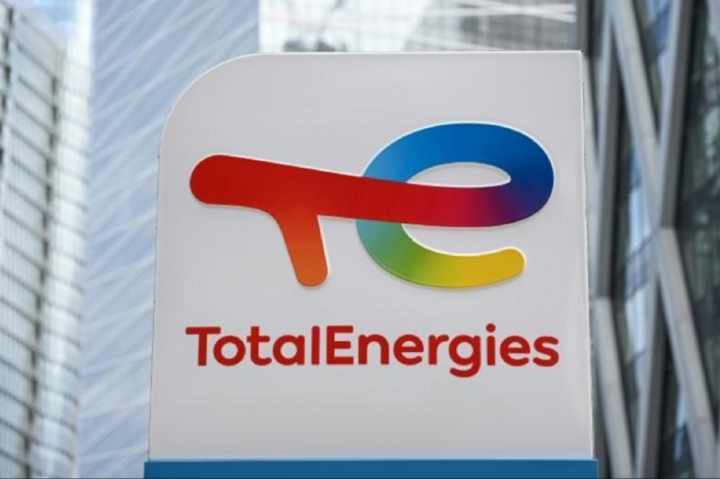At the Africa Energy Week (AEW) 2025 conference in Cape Town, industry leaders, including those from TotalEnergies and Chevron, called for major improvements in how oil and gas exploration is managed across Africa. Their key demands centered on speeding up the permitting process and providing higher quality seismic and subsurface data—a combination they see as essential to unlocking the continent’s untapped frontier basins.
Emmanuelle Garinet, Vice President of Exploration Africa at TotalEnergies, highlighted that many frontier basins on the continent contain significant oil and gas potential, but current risk levels remain high largely because of limited data and slow regulatory approvals. She referenced Namibia’s Venus well as a case in point: despite being in a frontier area, the project carried a success probability of over 50 percent thanks to solid seismic imaging and direct hydrocarbon indicators.

In the Republic of Congo, TotalEnergies has reportedly secured its exploration permit in less than six months and is preparing to drill by year-end—an example of what more efficient permitting could look like. In contrast, South Africa’s system still faces delays stemming from legal challenges, which Garinet described as “unacceptable,” especially when budgets and global exploration risks leave little room for postponement.
Chevron’s Chief Executive, Gavin Lewis, stressed that without firm subsurface datasets, many modern workflows—including artificial intelligence-driven ones—cannot function effectively. He lamented the loss of multi-client seismic datasets in Africa, which he said has stifled repeat investment and innovation. According to him, regions like the Gulf of Mexico, where strong data infrastructure exists, illustrate what could be achieved across African basins if similar datasets were available.
Bryan Ritchie, VP of Exploration at bp, also drew attention to advances in Egypt’s Nile Delta, where bp has completed the first deepwater ocean-bottom node seismic survey over the Atoll field. He added that Egypt’s Natural Gas Holding Company is seeking to expand coverage of multi-client seismic data across broader portions of the delta, opening up more opportunities for exploration and development.
Beyond exploration, the experts noted that improved seismic imaging and permitting efficiency are not just about discovering new fields—they are also central to maximizing recovery from existing fields, optimizing production, and supporting carbon capture and storage projects. Terry Gebhardt of Woodside Energy said subsurface data plays a key role in ensuring that existing operations are as efficient as possible and that new infrastructure investments are well informed.
Industry forecasts shared during the AEW event suggest that capital expenditure in Africa’s oil and gas sector may reach $54 billion by 2030. Last year alone, exploration spending jumped by approximately $6 billion, and this growth, stakeholders argue, must be matched with better regulatory and data frameworks to sustain momentum.
In their discussions, the companies made several recommendations: first, that permitting authorities across African countries should streamline their approval processes, reduce bureaucratic red tape, and improve legal clarity to avoid delays. Second, governments should support the generation and dissemination of high-quality seismic and subsurface datasets, ideally through multi-client licensing models that allow companies to share data that improves risk assessments and lowers costs.
For countries like Namibia, Congo, Egypt, and others with frontier basins, these changes could be transformative. Faster permitting and better data could encourage more investment, allow for more accurate targeting of drilling locations, reduce dry well rates, and generally make exploration less risky and more financially viable.
However, challenges remain. Some countries lack the legal framework or institutional capacity to issue permits quickly, or to support the infrastructure needed for advanced seismic data acquisition and processing. There are also concerns about how to balance environmental and legal protections with speed, especially in areas where land rights, maritime zones, or community consent can complicate exploration.
Finally, several industry leaders urged that digital technology—AI, machine learning, advanced seismic imaging—can only perform well if grounded in robust, clean datasets. Without quality data, they said, the value of technological sophistication is limited.
Overall, the call from TotalEnergies, Chevron, and others at AEW underscores a central message: if Africa is to fully benefit from its oil and gas potential, reforms are needed—not only to discovery and development, but to regulation and data infrastructure. These changes, they argued, are foundational to a sustainable, productive, and competitive future for energy in Africa.
Support InfoStride News' Credible Journalism: Only credible journalism can guarantee a fair, accountable and transparent society, including democracy and government. It involves a lot of efforts and money. We need your support. Click here to Donate
